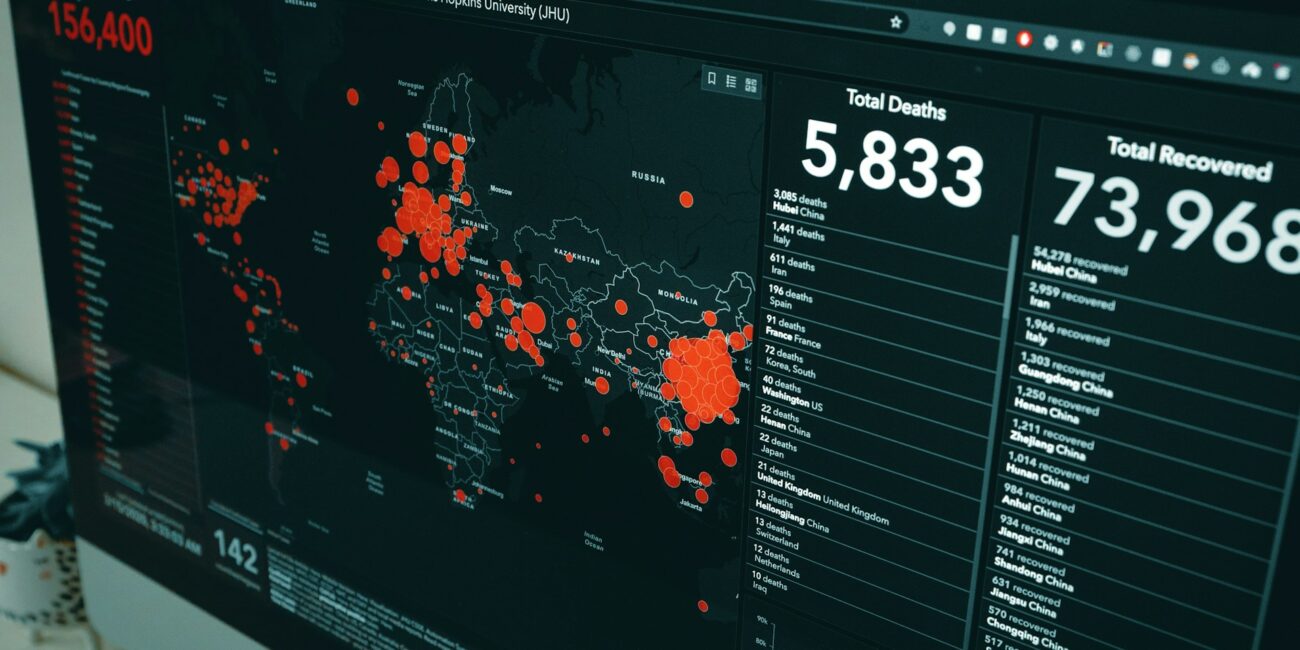Are you curious to know whether the World Health Organization followed public health principles when recommending the global Covid-19 response?
10 Public Health Principles
In times of emergency, societies function best if they uphold long-standing principles and ethical values, developed over many years. These public health principles should have been applied to the Covid-19 response.
- Human dignity and personal freedoms should be upheld under all circumstances. Any restrictions on individual freedom, on public health grounds, must be temporary and case-specific, and should be undertaken as a last resort under an exceedingly high burden of proof of their necessity, reasonableness and proportionality.
- A holistic definition of health includes physical, mental, spiritual and social well-being.
- Individuals have the right to bodily integrity, i.e. to make free choices regarding their body and to be free of any interference with their body to which they do not consent.
- Health professionals should only recommend health interventions based on individual needs and only if the benefits outweigh the risks for that person.
- Health professionals must obtain informed and voluntary consent from individuals before any medical intervention. Inaccurate information, psychological manipulation and any form of coercion render consent invalid.
- Public health interventions should protect private medical information. Interventions that lead to discrimination and stigmatisation based on personal health care choices are unethical.
- Public health interventions should take into account biological (pathogen, genetic factors, health status, medical interventions…), as well as social determinants of health, including economic stability and employment, neighbourhood and physical environment, community support and mental wellbeing and access to and quality of education, food and health care.
- A multi-disciplinary approach should be undertaken to assess the short-, medium- and long-term effects of any public health intervention prior to its implementation.
- Individuals and communities directly affected by public health interventions should participate in the decision-making process to ensure their fairness, appropriateness and success.
- Trust in public health is built on transparency and honesty. Policies and recommendations should be based on accurate data — free of conflicts of interest. They must also be subjected to continuous improvement through open scientific debate.
This review attempts to empower you with key information to help you assess the WHO’s candidacy as an authoritative global public health organisation. It provides background information on public health and pandemic management principles, to allow you to evaluate the soundness of the WHO-recommended response to Covid-19. It goes on to summarise the assumptions underlying their Covid-19 recommendations, followed by a summary of the recommendations. Finally, it discusses possible influences on the WHO’s decisions and direction, and suggests actions you may take to safeguard your health sovereignty.
Take Action
It is important for decision-makers to be aware of the WHO’s track record before entrusting it with further power over our health and wellbeing.
Please consider initiating a conversation with key decision-makers about the suitability of WHO as a global health authority and the need for clear checks and balances to ensure that the best interests of people are at the heart of all public health policies.
Template letter to politicians or government representatives
Dear [insert name],
As a [representative of the people in government/ member of parliament], you are committed to serve the people and ensure that their best interests are at the heart of all public policy.
The WHO-recommended response to Covid-19 was largely followed by most countries. This highlights how far-reaching the WHO’s influence is on local governance and, as a consequence, the impact of its recommendations on people’s lives and livelihoods.
Are you sure the WHO-recommended response to Covid-19 is in line with WHO’s constitution and its own pandemic preparedness plans?
Are you sure the WHO is still guided by science and not by private interests?
What is your responsibility towards your fellow citizens?
You have great power to influence your government and create positive change.
You are invited to explore the suitability of the WHO as a global authority on public health: THE WHO REVIEW AND WHY IT MATTERS TO YOU
Sincerely,
[sign your name here]
Abir has a Masters in Public Health, a graduate degree in special needs education and a BA in psychology. She is a children’s author with 27 published books, and is particularly committed to promoting the health and wellbeing of children and young people.




